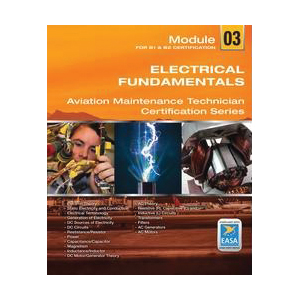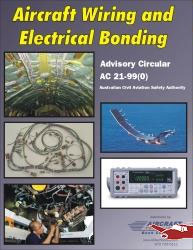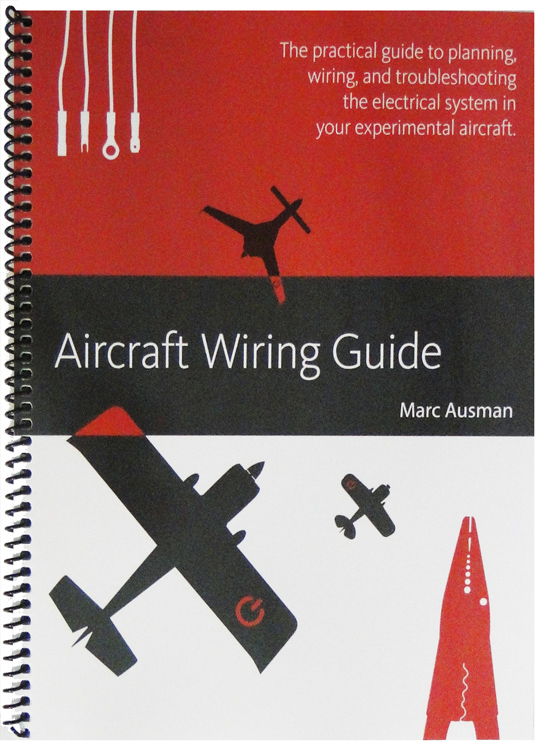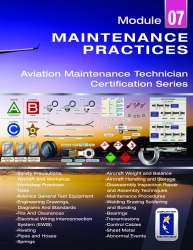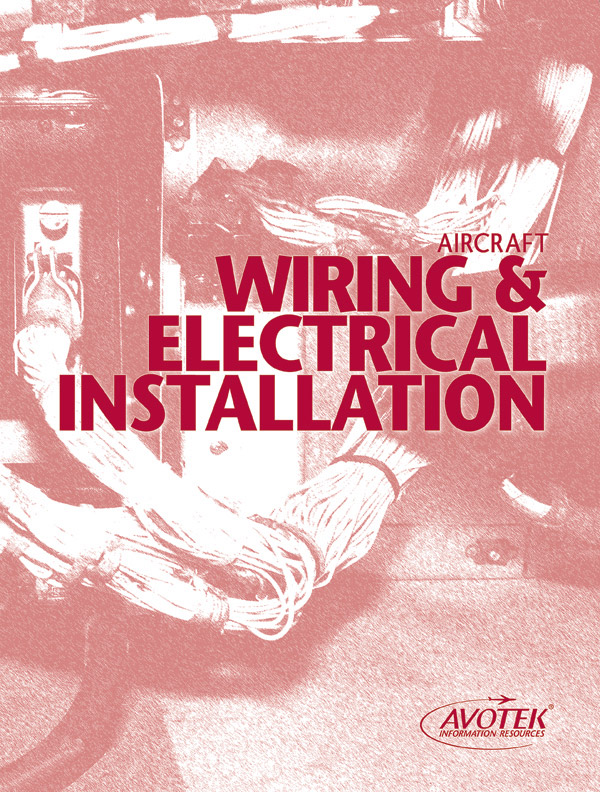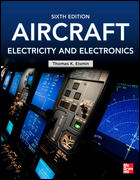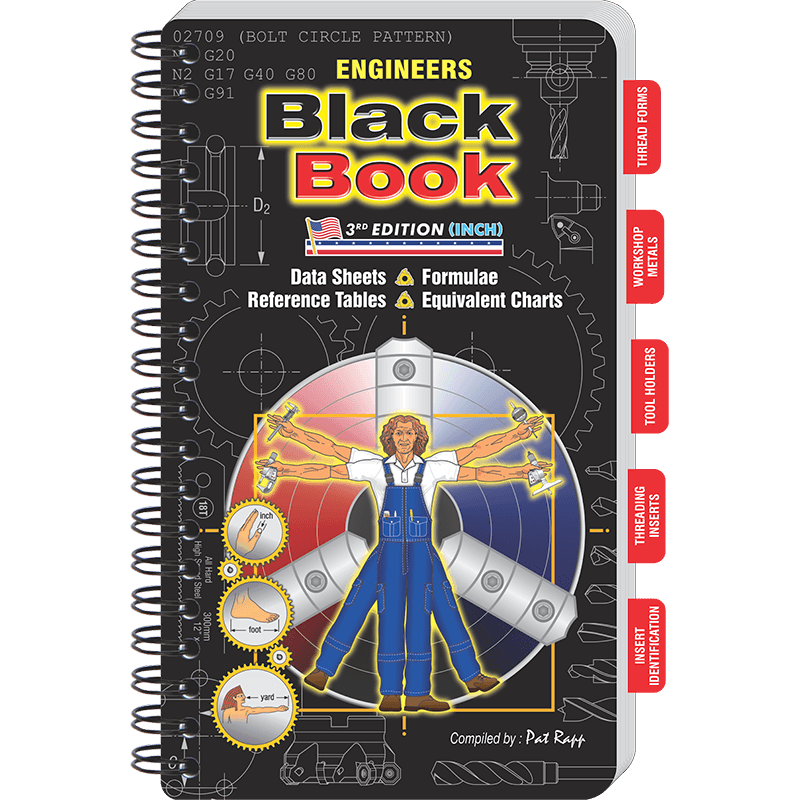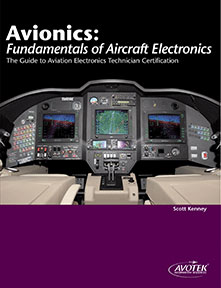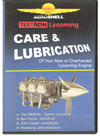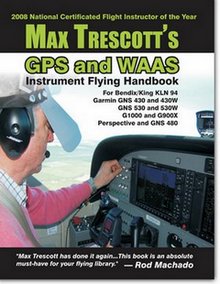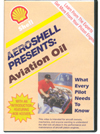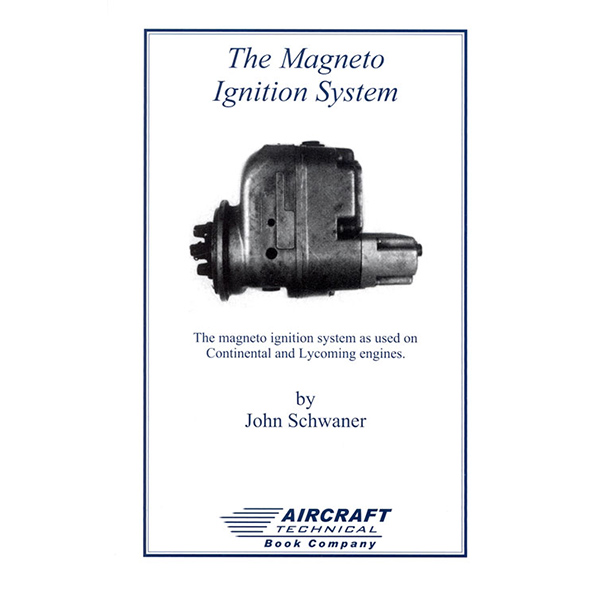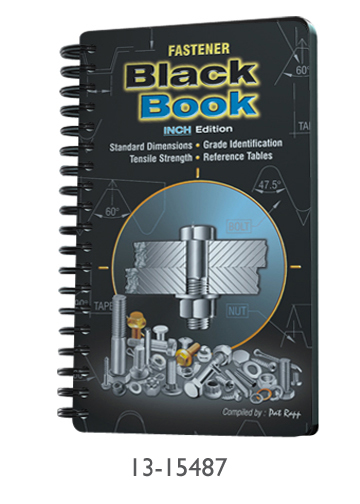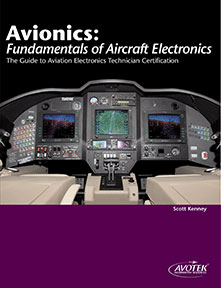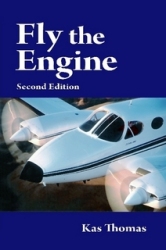Electrical Fundamentals For Aviation Maintenance E-book
Артикул:
руб.
Наличие: – Есть в наличии у нашего поставщика. Доставка на наш склад в течение 5...6 недель после оплаты Вами заказа.
Overview
| TABLE OF CONTENTS: Electron Theory Structure and distribution of charges within atoms, molecules, ions, and compounds; structure of conductors, semiconductors, and insulators. Static electricity and Conduction Distribution of electrostatic charges; electrostatic laws of attraction and repulsion; units of charge; Coulomb's law. Electrical Terminology The following terms, their units, and factors affecting them; potential difference, electromagnetic force, voltage, current, resistance, conductance, charge, conventional current flow, electron flow. Generation of Electricity Production by the following methods; light, heat, friction, pressure, chemical action, magnetism, motion. DC Sources of Electricity Ohm's law, Kirchoff's voltage and current laws; calculations to find resistance, voltage, and current; internal resistance of a supply. Resistance Affecting factors; specific resistance; color code values and tolerance; preferred values; wattage ratings; resistors in series and parallel; calculations of total resistance; operation of potentiometers and rheostats; operation of Wheatstone Bridge; temperature coefficient conductance; fixed resistors; stability; tolerance; methods of construction; variable resistors; thermistors; voltage dependent resistors Power Power, work, and energy; dissipation by a resistor; power formula; calculations. Capacitance/Capacitors Area of plates, distance between plates; dielectric constant; working voltage; capacitor types; color coding; calculations of capacitance in series and parallel; exponential charge and discharge; time constants; testing of capacitors. Magnetism Theory of magnetism; properties of a magnet; earth's magnetic field; demagnetization; magnetic shielding; magnetic materials; electromagnet construction and operation; rules to determine magndetic field around conductors; magnetic force, strength, flux density, permeability, hysteresis, retentivity, saturation point, eddy currents; care and storage of magnets. Inductance Faraday's law; inducing a voltage; induction principles; mutual inductance; rate of change and mutual inductance; factors affecting inductance, number of turns, size, permeability and position of coils; Lenz's Law; back EMF; self induction; saturation point; uses of inductors. DC Motor/Generation Theory basic motor and generation theory; components in DC generator; output and generation of current flow; faxctors affecting output, torque, speed and direction of rotation. AC Theory Sinusoidal waveform; current values and calculations; triangular square waves; single/3 phase principles. Resistive, Capacitive, and Inductive Circuits phase relationship of voltage and current in parallel and series; power dissipation; impedance, pahase angle, power factor, and current calculations; true power, apparent power and reactive power calculations. Transformers construction, principles, and operation; transformer losses; action under load and no-load conditions; power transfer and efficiency; calculation of line and phase voltages; calculation in a 3 phase system; primary and secondary circuits; auto transformers. Filters Operation, application and uses of low pass, high pass, band pass, and band stop filters. AC Generators Rotation of loop in a magnetic field; revolving armatures and field type AC generators; 1, 2, and 3 phase alternators; 3 phase star and delta connections; permanent magnet generators. AC Motors AC synchronous and induction motors, single and polyphase; methods of speed control and direction of rotation; methods of producing a rotating field capacitor, inductor, shaded or split pole. |



